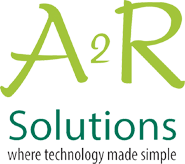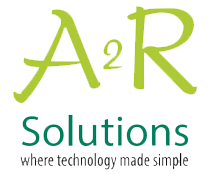An Overview of ERP Software and Its Usage in Companies
Enterprise resource planning (ERP) systems are widely used by businesses today to increase their ability to compete in the market. Through this software design, data sharing between organizational divisions and geographical regions is made easier.
An ERP application serves as the next-generation planning solution and aids in balancing corporate operations. It unifies all corporate operations, including asset management, accounting, finance, production, inventory, sales, human resources, and sales.
Workforce automation, business intelligence, customer relationship management, and supply chain management are the four key modules that make up an ERP. ERP is driven towards commercial success by its simple integration, customized software extensions, web-based application, and high-quality support services at the lowest feasible cost.
Some of the advantages of employing an ERP system include quick data collection and input feeding, real-time decision support, integrating distance information, a disciplined and standard approach, invoicing and accounting, and keeping the record up-to-date.
The greater access to information provided by the ERP package allows employees to gain the greatest understanding of the business process, which ultimately enhances overall operations and speeds up customer service.
The greater access to information provided by the ERP package allows employees to gain the greatest understanding of the business process, which ultimately enhances overall operations and speeds up customer service.
Small and medium-sized businesses are discouraged from using ERP due to the investment, training costs, customization fees, and maintenance costs, but larger businesses consider ERP to be a superior product since it provides a methodical approach, flawless operation, and management’s ability to make strategic decisions.
ERP was initially deployed for back office tasks like tracking records, but it has since been applied to front office tasks like customer relationship management. ERP is now a necessity for many organizations, including schools, colleges, hospitals, and libraries, in addition to retail businesses.
The main elements of an ERP system are a transactional database, a management dashboard, business intelligence, customizable reporting, internet-based access, document management, messaging and chat, and workflow management.
Depending on the client’s organization size, features, and modular functionalities, as well as the time required for delivery, ERP providers provide advice, customization, and support. A highly customized product will result in an ERP software system that is competitive, user-friendly, and simple to manage.
An ERP can systematize and improve processes, reduce inventory, and regularize HR data. It can also connect financial data and client order data.
An ERP system can be used to manage a variety of processes, including the general ledger, cash management, fixed assets, payroll, training, hiring, and bill of materials, work orders, scheduling, capacity, workflow management, quality control, and cost management. Additional processes include sales and marketing, commissions, service, customer contact, call centre support, and management of user privileges.
Are you located in the Dubai, UAE and looking for HR & Payroll software companies in Dubai providing at HR & Payroll software in Dubai at genuine pricing? Contact us for HR & Payroll software in Dubai or online accounting software for small business Dubai or Intuit QuickBooks Online in Dubai or sage 50 accounting software Dubai at genuine pricing.
We are leading sage partners in Dubai offering sage software at very reasonable pricing.



